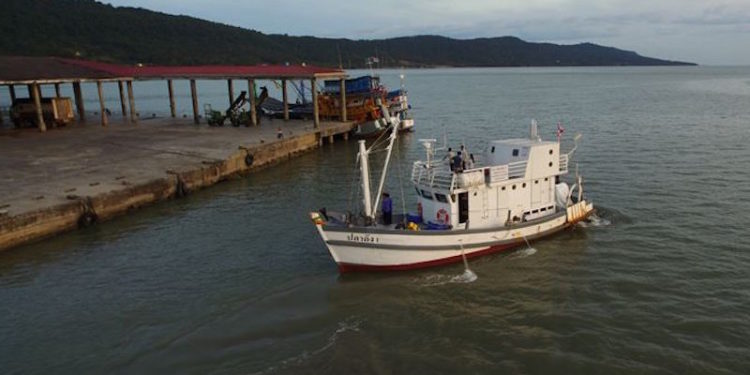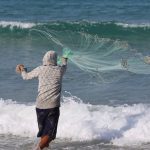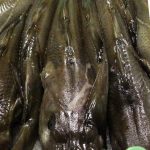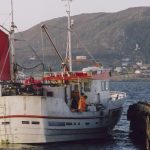Thai Union Group PCL and Nestlé have launched a demonstration boat to promote human rights of workers in the Thai fishing industry. The boat is the first of its kind in Thailand.
The two companies, in collaboration with global non-profit Verité, renovated a standard Thai fishing boat, transforming it into a modern vessel demonstrating improved working conditions and labour standards.
The renovated boat demonstrates the standards set for boats greater than 24 metrres by the International Labor Organisation’s (ILO) C188 convention for human rights at sea, as well as Thailand’s updated fisheries regulations.
To meet these standards and regulations, fishing vessel owners have an obligation to provide proper safety equipment as well as adequate and clean food and drinking water for the crew. Appropriate rest, dining and leisure areas on board the vessel demonstrated with this vessel, is mandatory, along with first-aid and toilet facilities with proper sanitation standards.
Regularly scheduled viewings and training workshops will demonstrate to vessel owners and crew how to improve the working standards for fishers at sea.
The initiative was begun in March 2016, supported by the Thai Ministry of Foreign Affairs (MFA), Southeast Asian Fisheries Development Center (SEAFDEC) and the Thai Department of Fisheries (DOF).
‘Human rights abuses have no place in our supply chain. Nestlé is committed to improving livelihoods in the communities in which we operate. We will continue to work with the Thai fishing industry through our supply chain to exhibit best practices in respecting and promoting human rights for fishery workers,’ said Benjamin Ware, Global Head of Responsible Sourcing for Nestlé.
‘Holding up human rights and providing safe, legal and freely-chosen employment in our own facilities and in supply chains is critically important to Thai Union,’ said Dr. Darian McBain, Thai Union’s global director for sustainable development. ‘While we have significant programs in place for our own employees, we partner with government and stakeholders on projects such as this to ensure that those working in the wider industry are protected.’
Thai Union and Nestlé helped fund development of the refurbished boat, including providing required tools and equipment, along with ongoing various expenses associated with its demonstration and training sessions.
The project is in line with Nestle’s Thailand Action Plan for Responsible Sourcing of Seafood and Thai Union’s sustainability strategy, SeaChange – an integrated plan of initiatives, organised into four programmes, to drive meaningful improvements across the entire global seafood industry. SeaChange programs include safe and legal labor, responsible operations, responsible sourcing, and people and communities.









